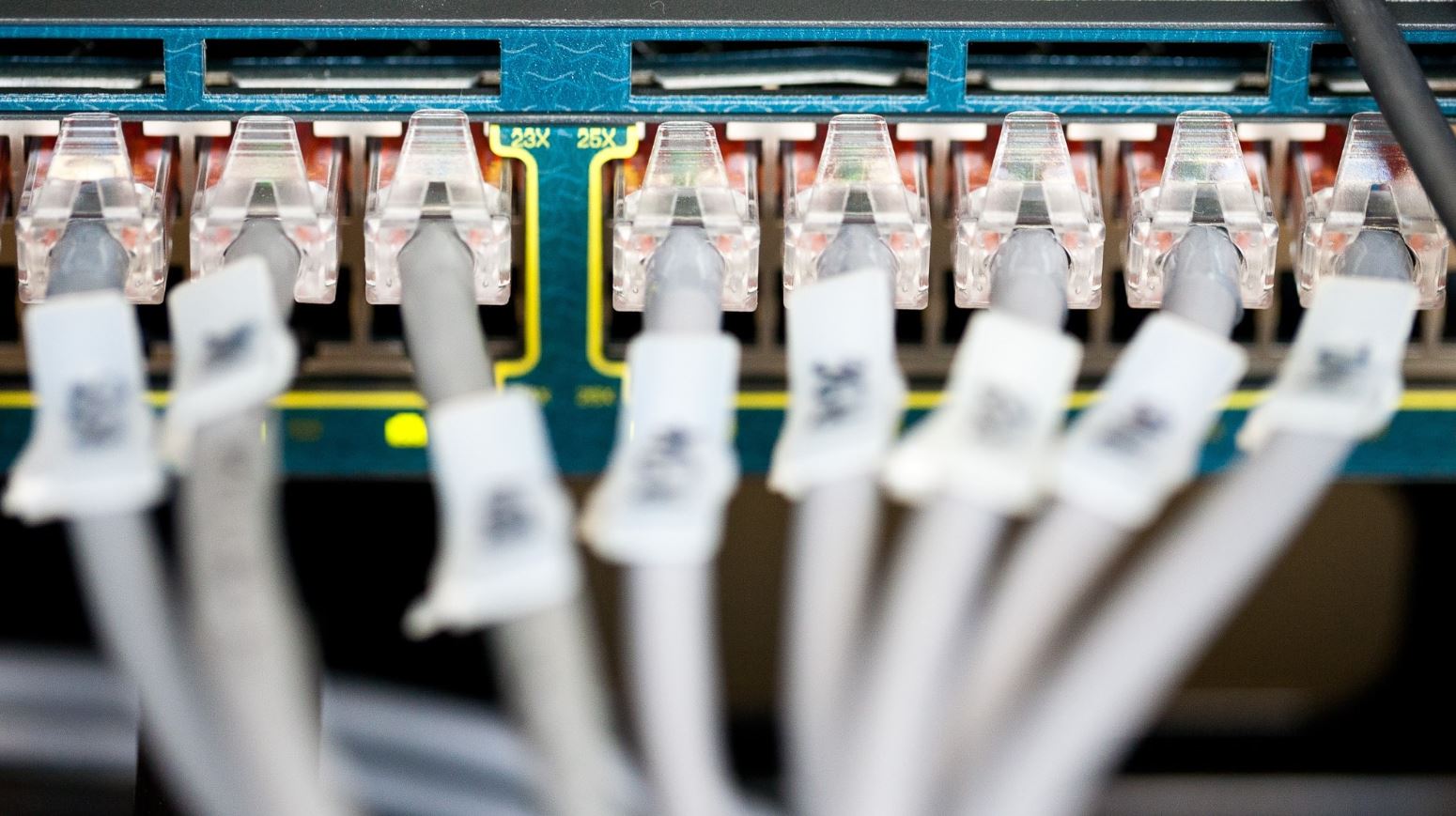Developed in Neuchâtel, SafeCloud platform is intended to provide the next generation of secure and highly configurable data platform systems.
Pascal Felber is a professor at the University of Neuchâtel's (UniNE) computer science department, and leads the research group on complex systems. With a team of Swiss and Portuguese researchers, he is developing a SafeCloud platform intended to provide the next generation of secure and highly configurable data platform systems. This project has multiple applications and could revolutionise data protection. Interview.
At the UniNE, you head up a research group studying complex systems. What is a complex system and how might one be used?
The generic term “complex systems” refers to major computing systems made up of multiple computers capable of handling large volumes of data. They solve problems that require a high calculating capacity, often using specialised algorithms. They have many applications, in any field that requires the collection, storage and processing of digital data. DNA sequencing, statistics, finance and even “digital humanities” are specific examples of where complex systems can be used.
How did you come up with the idea to launch the “SafeCloud” project?
We first came up with the idea in 2014 during a discussion with Portuguese colleagues about the photos stolen from Jennifer Lawrence. We had the idea of creating a storage system that would make it impossible for a hacker to access the user's data, even if they took control of one of the servers that hosted this data.
Who would be interested in SafeCloud technology?
Banks, insurance, notaries and even hospitals for the permanent archiving of financial and legal information, or patient data. SafeCloud technology can actually be applied to any data that needs to be protected or archived for a long period of time, with zero risk of this data being tampered with.
The “SafeCloud” project, which resulted in the launch of a start-up, is the product of an international collaboration. What skills are required to set up a project such as this?
Our group has considerable experience in organising and taking part in European projects that involve international collaboration (over half a dozen projects funded in the past ten years). The crucial element is having an original idea that is connected to the thematic focus of the call for projects, and having access to a good network of international colleagues including partners from academia and industry. We are lucky to have access to a network such as this and to have maintained successful, long-term partnerships. We also have the chance to collaborate with Dr. Hugues Mercier, a talented and experimented scientist, who is in charge of the scientific coordination for the SafeCloud project.
SafeCloud also offers secure information storage, thanks to its fragmentation. But which technology is used to enable the rightful owner to recover all of the pieces of information?
Intuitively, the idea behind our technology is to encode data and separate it into fragments that we then spread across several sites (or hosts), so that it is impossible to reconstruct without having access to all of these sites. We combine this with cryptographic mechanisms to encrypt the data, and coding techniques to ensure their durability and integrity. We can also control the fragments’ localisation, which can be helpful when, for example, complying with a legal restriction stipulating that the data must not leave the country. To recover the data, the rightful owner needs to be able to access all of the information required in order to localise, decrypt and reconstruct the data. This mainly consists of “metadata” and cryptographic keys that need to be combined in order to recover the original data.
By Microcity

